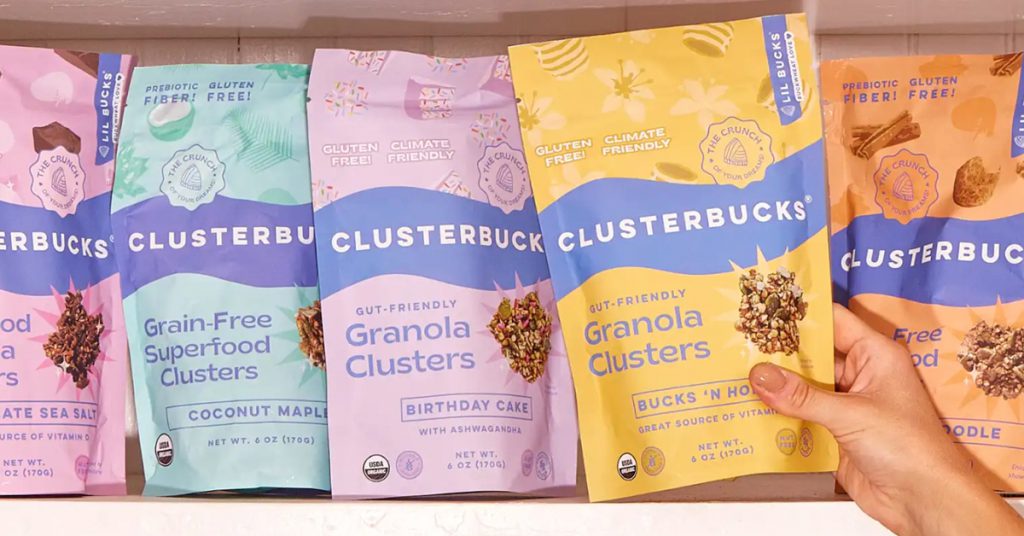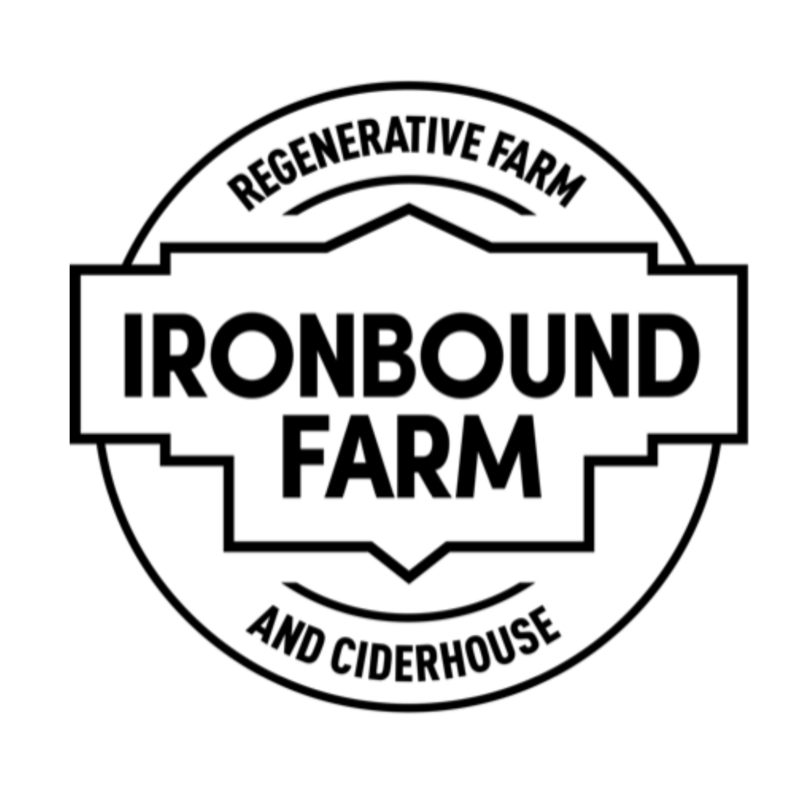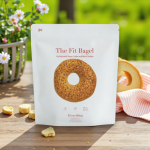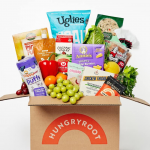Lil Bucks Raises $3 Million

Buckwheat-based snack company Lil Bucks announced today it has closed a $3 million Series A round led by Proterra Investment Partners, a PE firm spun off from Cargill and focused on the agriculture, food, and metals and mining sectors. This investment is also the first capital to be allocated from Proterra’s new Rural Growth Fund, which closed at $34 million earlier this year, according to an SEC filing.
According to Lil Bucks founder and CEO Emily Griffith, the company raised this round over the course of the past two years and it officially closed in August. The women-led snack producer will use the cash to continue growing its retail footprint, expand its farmer network, add key new hires and bring more buckwheat snack innovations to market.
“We are so aligned on the growth plan,” Griffith said about partnering with Proterra. “They’re bringing the value add. They’re bringing in agriculture and operations and finance expertise as well. And they’ve [said], ‘you do the brand, you do the sales, we’re not going to get any way on the CPG side of things.’ [They are] genuinely a strategic partner.”
This year Lil Bucks rolled out its Clusterbucks granola line nationwide with both Whole Foods and Target. Griffith said the new capital will go towards continuing to support those launches; she noted that the brand initially took a “scrappy” approach to meeting those commitments and used a CARE note to help finance the inventory needed for the national rollouts.
The company also recently brought on Kailey Donewald as COO, a hire that Griffith said has been “crucial” to scaling the operational side of the business as it has entered a period where growth is coming in from all angles.
“We’ve transformed our entire operation in like three months: new 3PLs, scaled manufacturing, a new accounting process,” Griffith detailed, among other growth initiatives. “It all needed to happen… we just grew really quickly. We started selling double what we thought in Whole Foods, and [there has been] just a lot more opportunities, so we have to seize the day. The funding is coming at a really good time.”
The brand has tripled its revenue so far this year and is on track to see a fivefold increase by the end of the year. Griffith told Nosh that following the national Whole Foods rollout, Lil Bucks’ Amazon sales also saw significant organic growth; she claims sales on the platform doubled once the product was on retail shelves nationwide.
Buckwheat Boom: ‘The Data Just Says “Yes”’
With its now-brimming bank account, Lil Buck has also brought on Presence Marketing, which has supported the likes of Siete Foods and Simple Mills, to assist with its execution at retail. According to Griffith, Lil Bucks will continue to “fill out the natural channel” with new distribution partnerships and is working to deepen its ties within the higher-end, conventional channel.
“We’ve figured out the right price, product placement, the right SKUs, our promotion strategy so it is time truly [for buckwheat],” said Griffith. “We did a lot of testing at a smaller number of retailers for years, longer than I would have liked, but everything happens for a reason, and I think we’re so primed, the product is so ready for the market, and the data just says ‘yes.”
The capital will also feed into the brand’s innovation pipeline. Currently, Lil Bucks sells its original Lil Bucks Super Seed toppings line in addition to seven SKUs of Clusterbucks granola and a buckwheat-based Everything Bagel-style seasoning. Griffith hinted that the company is now working to develop another new format of a buckwheat snack but declined to disclose further details.
Growing Awareness
Lil Bucks’ products are available at retailers nationwide including Central Market, Lassens, H-E-B, Bristol Farms, MOM’s Organic Market, Jewel-Osco and more. The company also sells its products in bulk for foodservice use and, moving forward, Griffith said it will hone a greater focus on tapping into coffee shops, yoga studios, gyms, school and hospitals.
The company also sells bulk buckwheat ingredients, such as flour left over from the milling process. That diversification gives Lil Bucks additional revenue streams, allows it to reduce food waste from its operations and provides flexibility as it builds a network of farmers alongside its CPG brand.
“We will always prioritize buckwheat that is being grown on U.S. soil,” Griffith emphasized. “The opportunity [is there], both from a soil health and environmental perspective, but also an economic opportunity for these farmers. It’s a cover crop, but it’s not the main crop. It can be grown at the end of the season. It’s ready to harvest in three months so it’s bringing a lot of economic value to American farmers.”
In the past year Lil Bucks’ Regenerative Organic Certified (ROC) farmer network has grown from one to seven farms. Griffith said a handful more contracts will likely trickle in before the year’s end and the company has contracted over one million pounds of buckwheat from its partner farms in 2024. It has also expanded its ROC supply chain beyond buckwheat, sourcing additional ROC ingredients for its granola-like product line, such as sunflower seeds, which are often also grown on its buckwheat farms. Lil Bucks is also scaling up its partnership with a ROC coconut grower in Sri Lanka.
The company’s regenerative angle has been a major point of interest for its two new partners – Proterra and Presence – Griffith noted. She emphasized that Proterra’s expertise in scaling agricultural systems will be vital as it continues to build a U.S.-based regenerative buckwheat supply chain.
“Find the people that are value aligned with the growth trajectory for the business,” Griffith said. “That made the diligence a good process – it was long and stressful, but it was very positive. It showed that this is going to be a good partnership.”


















